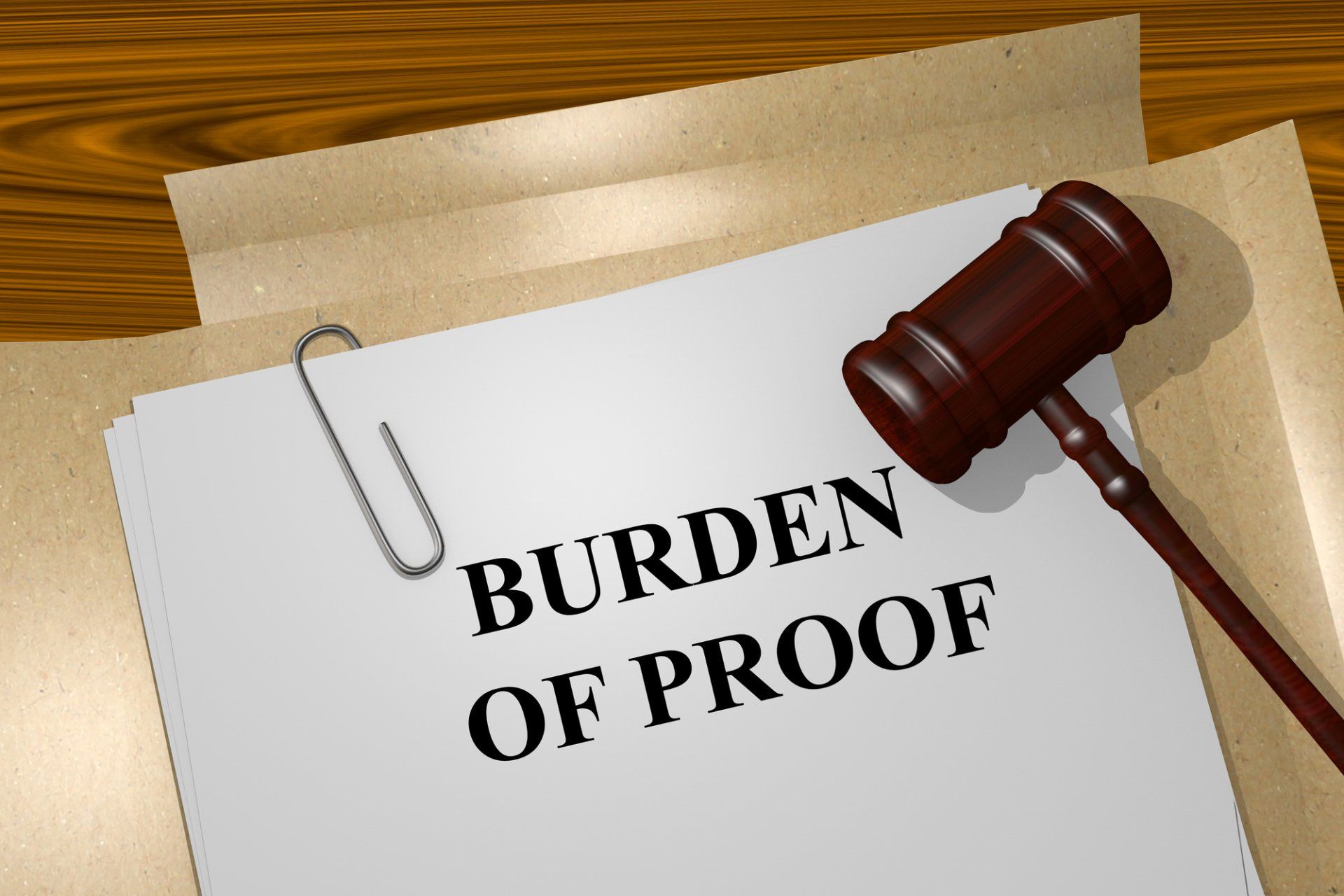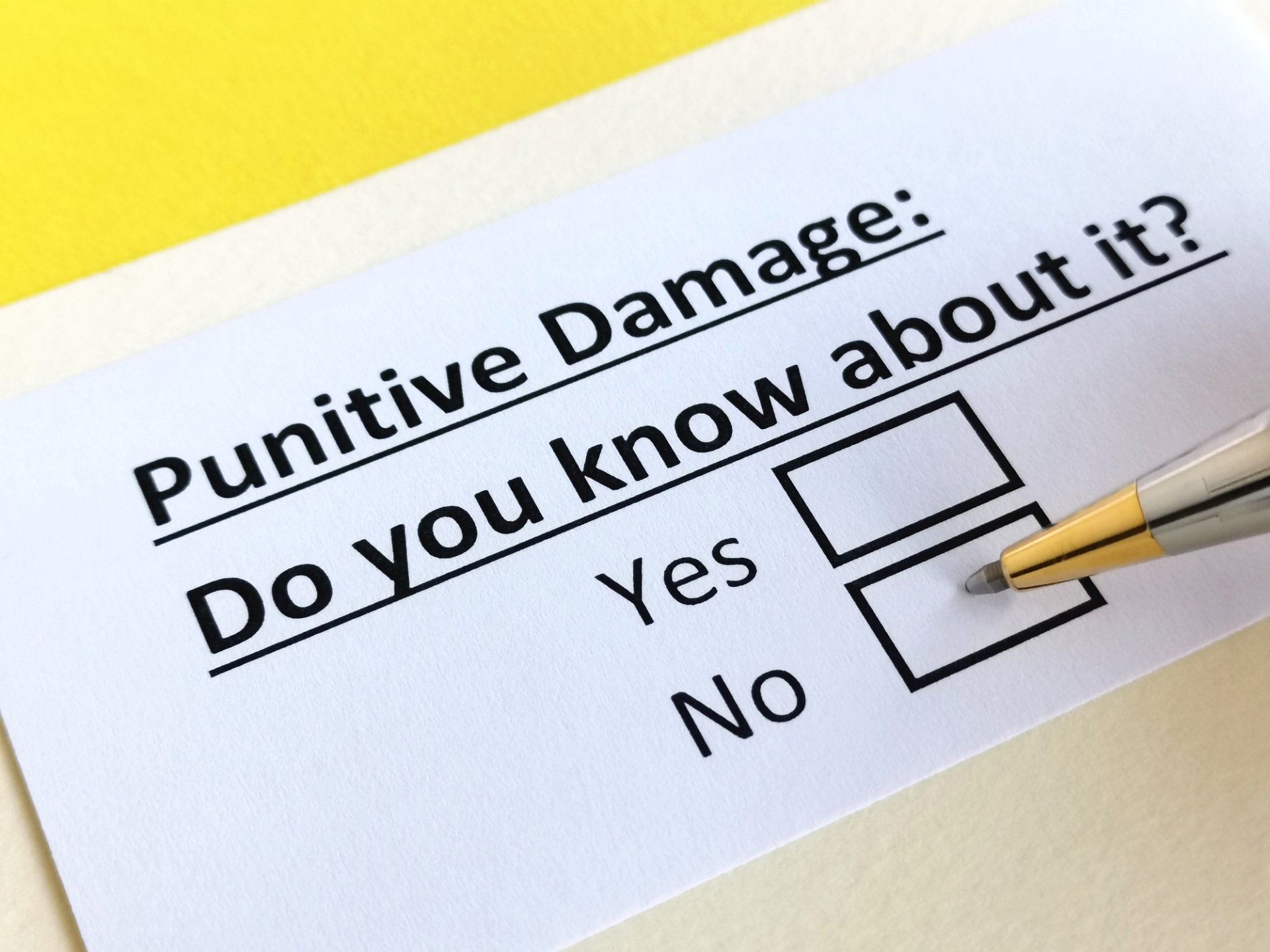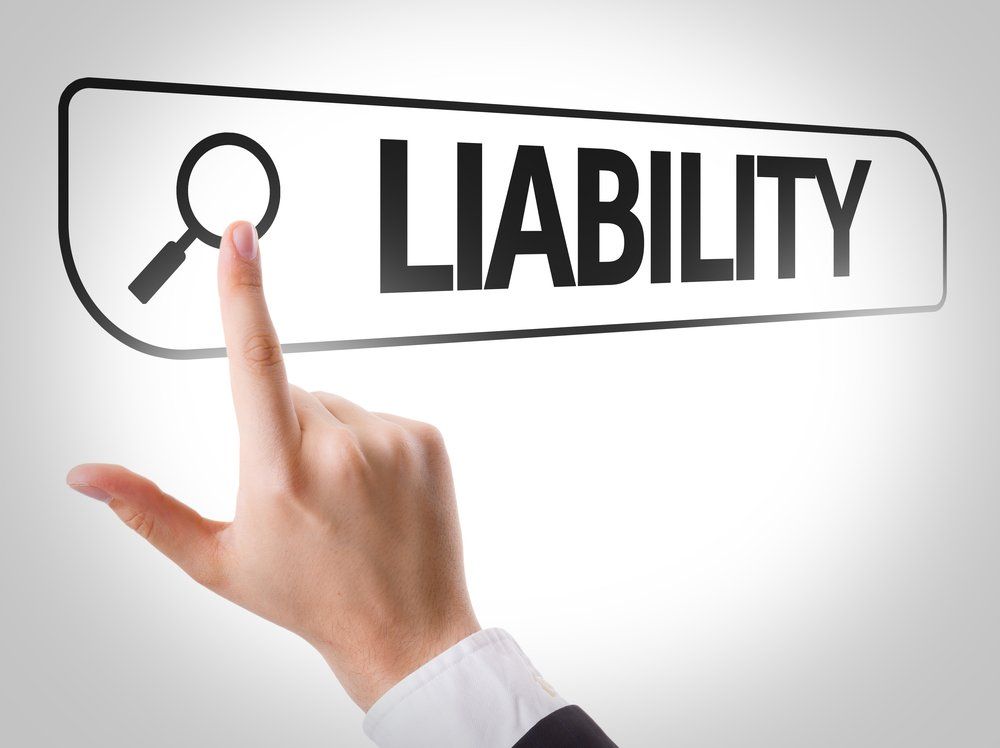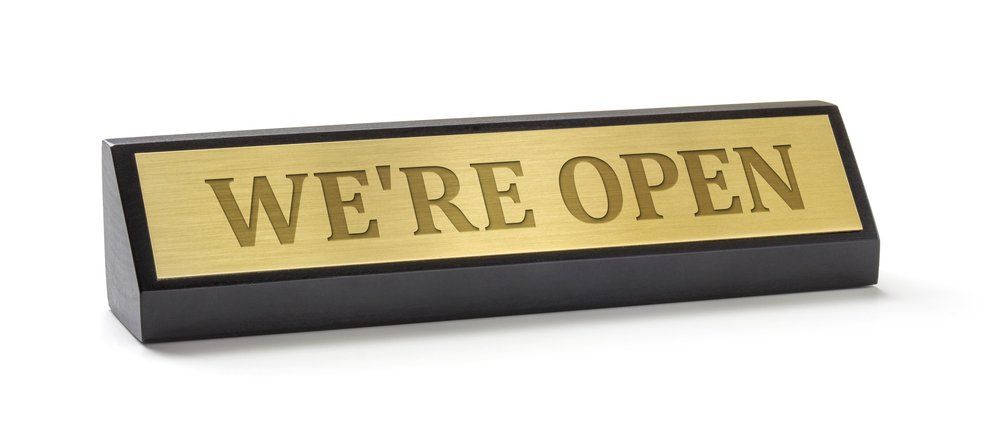Commercial Landlords & Trademark Infringement Claims Caused By Tenants
Trademark and Intellectual Property Infringement Investigations
Recently a commercial landlord client of ours was approached, by way of a certified mail letter, by a law firm in Manhattan, New York who alleged that our client’s tenants were engaged in trademark infringement activities taking place on their premises. This “notice” is becoming an increasingly common approach for owners of trademarks and intellectual property to effectively enforce their marks. The letter described the marks in detail and alleged that an “investigation” had disclosed that our client’s tenants were engaged in the sale of counterfeit materials. After consulting with us, our client investigated quickly and took immediate action.
Landlords who know or should know of counterfeiting or illegal activities on their premises have potential liability. Fonovisa Inc. v. Cherry Auction Inc., 76 F.3d 259 (9th Cir. 1996); Hard Rock Café Licensing Corp. v. Concession Servs., Inc., 955 F.2d 1143 (7th Cir. 1992). More recently, a famous watchmaker, Omega, won a judgment of $1.1M in a trademark case against a New York landlord who leased space to a counterfeiter under a theory of “contributory” trademark infringement. Omega SA et al. v. 375 Canal, LLC, US District Court for the Southern District of New York, 12CIV6979(PAC), March 5, 2019.
What Should a Landlord Do After a Trademark Infringement Allegation?
Here are the appropriate steps for a Landlord in the event they are confronted with an allegation of trademark infringement:
- Review and update the lease language addressing trademark and intellectual property infringement and the sale of counterfeit goods.
- Review and update the indemnity language in your Leases to shift the costs of addressing these issues to the tenant.
- Proactively monitor tenants to ensure that they are not selling counterfeit goods.
- Send regular flyers or communications to your tenants that restate the fact that counterfeit activities are not tolerated and will lead to the remedies provided for in the lease, ideally termination.
- Post signage or notices regarding these illegal activities.
- Conduct an appropriate investigation as soon as possible after any notice, under the direct supervision of your legal team.
- Communicate through legal counsel with holders of intellectual property rights and ask for their help in identifying infringing sales and identifying perpetrators.
- If any persons are identified, terminate their leases as immediately as possible.
Include Tenant Compliance with Intellectual Property Laws in Your Lease
The attorneys of York Gaskillroutinely represent commercial landlords in litigation and frequently draft Leases that address this precise issue. Below is some suggested language for that portion of the Lease. There are four additional paragraphs we usually recommend, that cover indemnity and additional issues, but these two paragraphs will get you started on an article that might be entitled Tenant’s Compliance with Intellectual Property Laws.
Section 10.01
Tenant, at Tenant’s sole cost and expense, shall comply with all statutes, laws, ordinances, orders, regulations, of Federal, State, County, and Municipal laws, including, but not limited to: the Copyright Act of 1976, U.S. Code Title 17 as amended; Congressional Published Laws relating to intellectual property, as amended; Trademark Act of 1946, U.S. Code Title 15 as amended; and the United States Patent Act, and U.S. Code Title 35 as amended. Tenant shall comply with all notices from any Federal, State, County, Local, and Municipal Authorities and with all directions, pursuant to such laws, which shall impose any duty upon Landlord or Tenant with respect to the Premises, Tenant, or any of Tenant’s agents, servants, employees, contractors, visitors, licensees, or assigns, or any of Tenant’s, or Tenant’s agents’, servants’, employees’, contractors’, visitors’, licensees’, or assigns’ merchandise, logos, packaging, prints, labels, fabrication, services, goods, cargos, commodities, wares, or products.
Section 10.02
Tenant shall not sell, market, peddle, distribute, exchange, stock, deal, carry, furnish, or barter any merchandise, products, goods, wares, commodity, or cargo that infringes upon a trademark, trademark license, service mark, copyright, patent, or patent-pending in connection with goods or services in a manner that would cause confusion, deception, or mistake about the goods, or source of such goods, or services.
You Need a Trademark Infringement Attorney
York Gaskill, LLC represents landlords in commercial properties and can help you address these issues. Having an experienced trademark infringement attorneydefend you in this situation is crucial. Do not hesitate to reach out to us if you are confronted with a trademark claim involving one of your tenants. Call our team at 678.697.6789 or send us a message to discuss your case.











